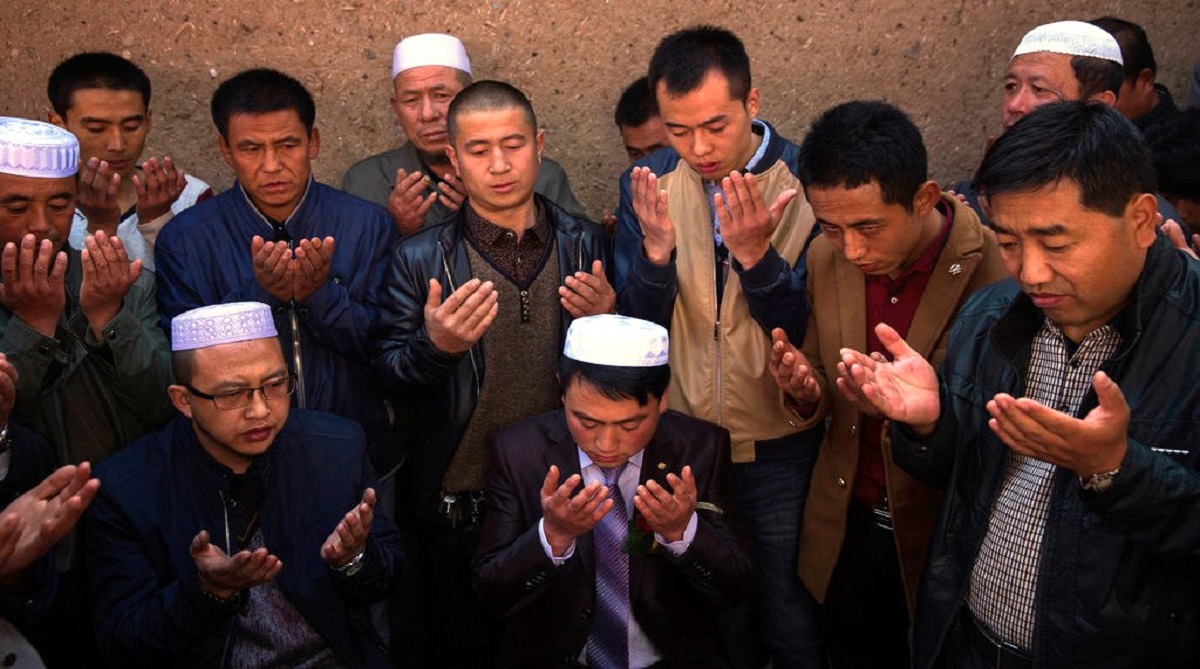The new coinage in China may not be readily comprehensible to the world at large, but the expression is a philological facet to the crackdown and internment of hundreds and thousands of the country’s Muslims, notably the Uighurs of Xinjiang. Hence the pledge to what they call “sinify” Islam over the next four years, indeed a move to align religion with socialism. Unmistakable is the pregnant symbolism of the attempted variant of a vigorous religion in the midst of the worldwide condemnation of the internment camps, forced labour, beatings and minimal food. The endeavour is distinctly designed to make religions more compatible with Chinese socialism, reflecting President Xi Jinping’s call last year. “Sinification” of religion in China is an important discourse that has been initiated by Xi, given the inevitable disconnect between religion and the political philosophy of socialism. Details of the new agenda are yet to be spelt out, but in the aftermath of Mr Xi’s signal of intent last year, the Islamic Association of China has promoted flag-raising and political instruction in mosques. Beijing has been more tolerant of religious practices by the Hui than by the Uighurs. But party officials from Ningxia, a region with a predominantly Hui population, visited prisons in Xinjiang in November and signed a “counter-terrorism co-operation” agreement with the region’s authorities. It is pretty obvious that the essay towards “sinification” is intended to separate Islam in China from global Islam. There is little doubt that this is a heavy-handed method, which betrays scant respect for conventional religious practices, verily the freedom of religion. In point of fact, China’s praxis of socialism seems poised to steal a march over Islam as the Uighurs and the world know it. The use of extralegal detention of the Uighurs has been condemned by foreign governments and international organisations, including the United Nations, and human rights groups. Beijing has defended its policies, describing the camps as “vocational educational centres” designed to suppress extremist tendencies. The programme has extended beyond the camps, with more than one million government officials in Xinjiang staying overnight in Uighur homes to monitor the activities of residents. Any reasonable activity ~ from speaking Uighur to praying ~ can be grounds for internment. Notable among the “missing list” is Gheyret Abdurahman, who translated Red Sorghum, one of China’s best-known contemporary novels. His detention sparked a letter of protest to Xi from the Committee of Concerned Scientists, an international non-profit organisation. On a terribly emotive issue, the screws have been turned on the Uighurs whose predicament assumed a new dimension on Sunday in the cocktail punch of socialism, state policy, and Islam.
Advertisement










